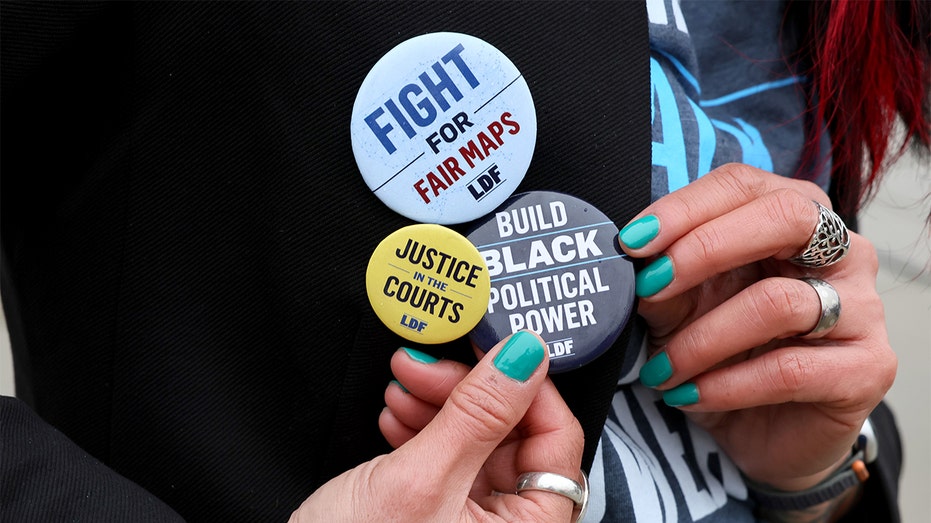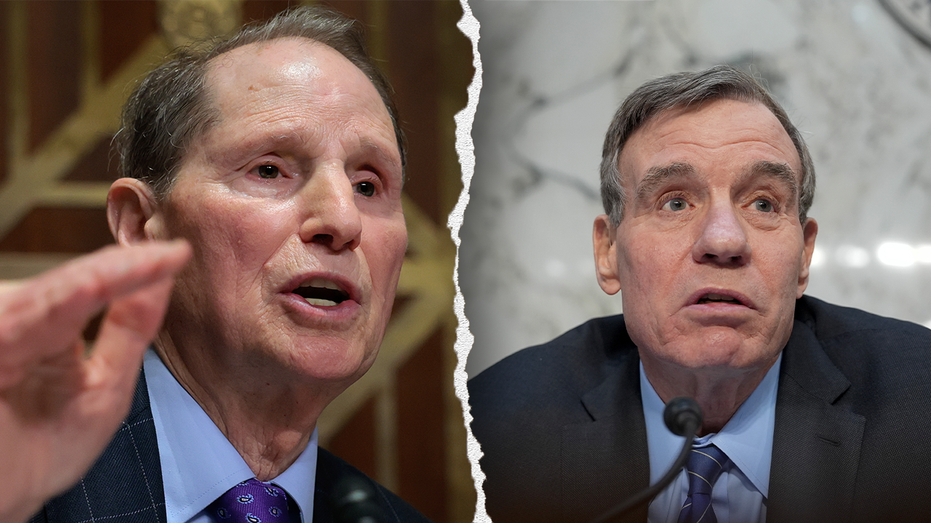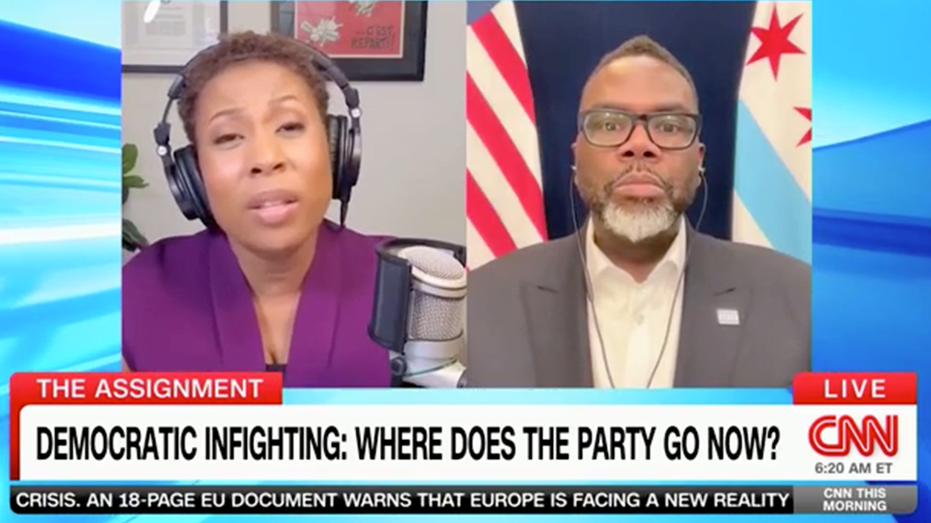- by foxnews
- 28 Mar 2025
Supreme Court hears pivotal Louisiana election map case ahead of 2026 midterms
The case before the Supreme Court involves a state voting law that pits minority voter protections against the equal protection clause of the U.S. Constitution.

At issue is whether the state's congressional map, updated twice since the 2020 census, is an illegal racial gerrymander. It has faced two federal court challenges - first, for diluting minority voting power under the 1965 Voting Rights Act, and most recently, for potentially violating the equal protection clause of the 14th Amendment and the 15th Amendment of the U.S. Constitution.
The high court, which agreed to take up the case last fall, is expected to hand down its decision by late June.
Louisiana Solicitor General Benjamin Aguiñaga argued that the state's latest map protected political stability, including preserving leadership positions like the U.S. House speaker and majority leader.
"I want to emphasize that the larger picture here is important - because in an election year we faced the prospect of a federal court-drawn map that placed in jeopardy the speaker of the House, the House majority leader and our representative on the Appropriations Committee," Aguiñaga said. "And so in light of those facts, we made the politically rational decision: we drew our own map to protect them."
Louisiana's congressional map has twice been challenged in federal court since it was updated in the wake of the 2020 census, which found that the state's Black residents now totaled one-third of Louisiana's total population.
The first redistricting map, which included just one district where Black voters held the majority, was invalidated by a federal court (and subsequently, by the U.S. Fifth Circuit Court of Appeals) in 2022.
Both courts sided with the Louisiana State Conference of the NAACP and other plaintiffs, who argued that the map violated Section 2 of the Voting Rights Act by diluting the voting power of Black voters in the state.
Lawmakers were ordered by the court to adopt by January 2024 a new state redistricting map. That map, S.B. 8, was passed and included the creation of a second majority-Black voting district in the state.
But S.B. 8 was almost immediately challenged by a group of non-Black plaintiffs in court as well, after they claimed issue with a new district that stretched some 250 miles from Louisiana's northwest corner of Shreveport to Baton Rouge, in the state's southeast.
They argued in the lawsuit that the state violated the equal protection clause by relying too heavily on race to draw the maps, and created a "sinuous and jagged second majority-Black district based on racial stereotypes, racially 'Balkanizing' a 250-mile swath of Louisiana."
Meanwhile, Louisiana officials argued in court filings that non-Black voters failed to show direct harm required for equal protection claims or prove race was the main factor in redrawing the map.
They also stressed that the Supreme Court should clarify how states should proceed under this "notoriously unclear area of the law" that pits Section 2 of the Voting Rights Act against equal protections, describing them as two "competing demands."
Officials have cited frustrations over repeatedly redrawing maps, and the prospect of being ordered back to the drawing board once again, and asked the court to "put an end to the extraordinary waste of time and resources that plagues the States after every redistricting cycle."
- by foxnews
- descember 09, 2016
Flight passenger says traveler sent $150 over Venmo in swap for aisle seat
A flight passenger says a fellow traveler who wanted to sit next to his friend paid $150 through Venmo to switch a middle seat for an aisle seat. Social media users joined the debate.
read more





